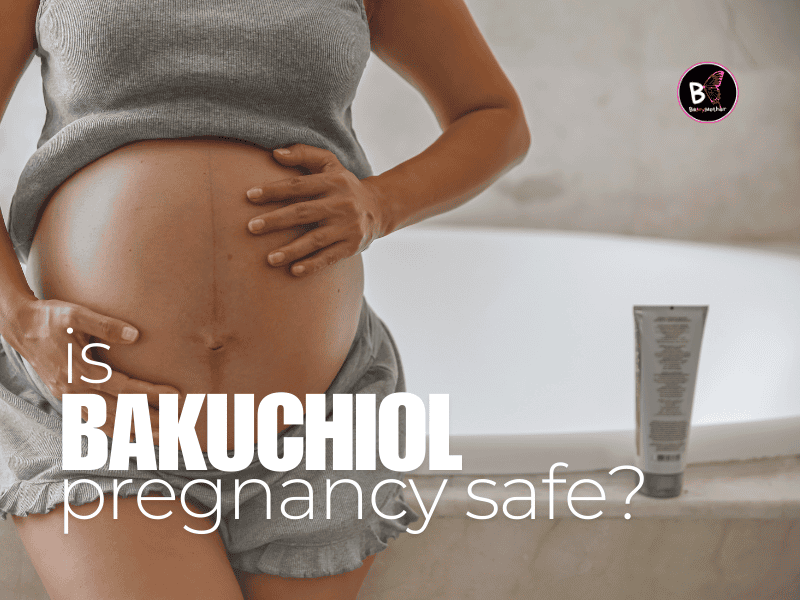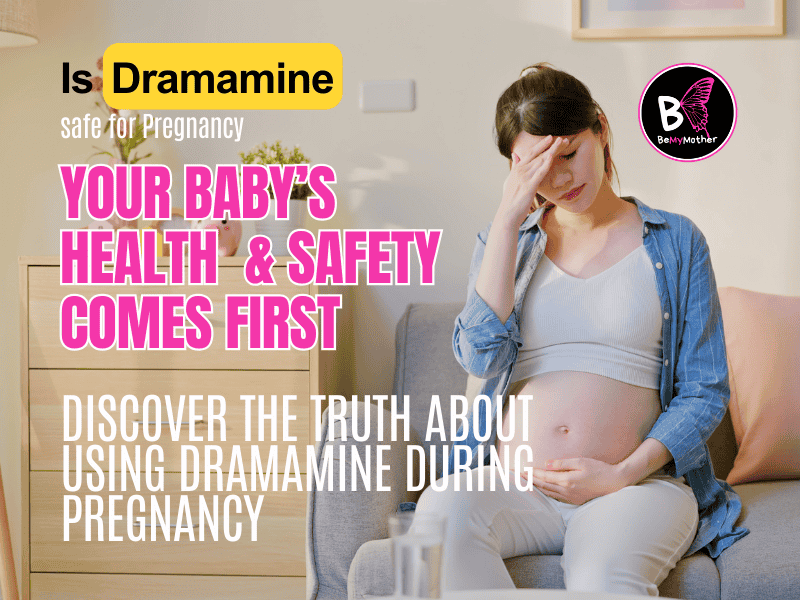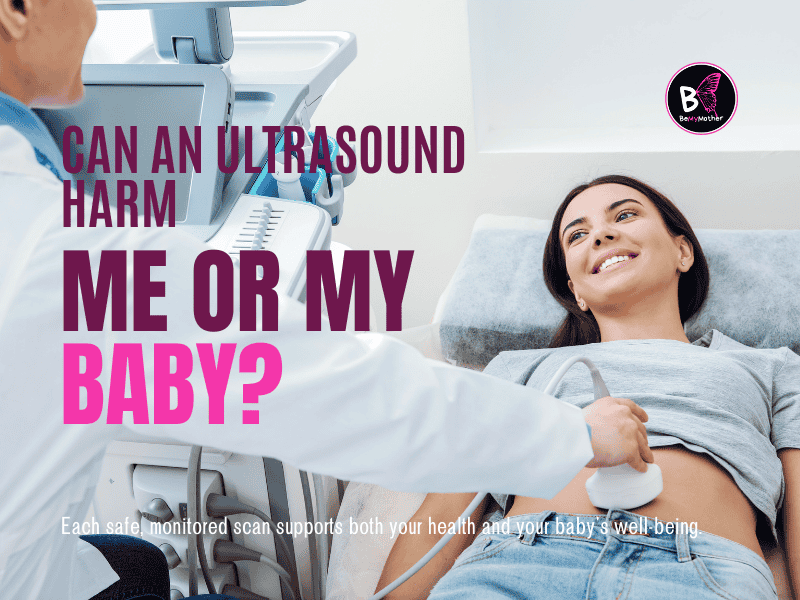Pregnancy is a time of joy, excitement, and, let’s be honest, a bit of stress—especially regarding skincare. Many women ask, “What can I use now that retinol is off the table?” Enter bakuchiol, a plant-based alternative to retinol, creating a buzz in the beauty world. But the big question is: “Is bakuchiol pregnancy safe?”
If you’ve been searching for answers, you’re not alone. According to dermatological studies, 60% of pregnant women experience changes in their skin, including acne, dryness, and pigmentation. While you want practical solutions, ensuring safety for your baby is the top priority. This article uncovers everything you need to know about bakuchiol and pregnancy-safe skincare, offering clear, research-backed answers.
1. What Is Bakuchiol, and Why Is It Popular in Skincare?
Bakuchiol (pronounced bah-koo-chee-ol) is a natural compound derived from the seeds of the babchi plant. Unlike retinol, which is synthetic, bakuchiol is plant-based and known for its gentle, non-irritating properties.
Key benefits include:
- Reducing fine lines and wrinkles.
- Improving skin tone and texture.
- Tackling acne and hyperpigmentation.
What makes bakuchiol stand out? Unlike retinol, it doesn’t cause dryness or sun sensitivity, making it an excellent choice for sensitive skin.
2. Is Bakuchiol Pregnancy Safe? Expert Insights and Guidance.
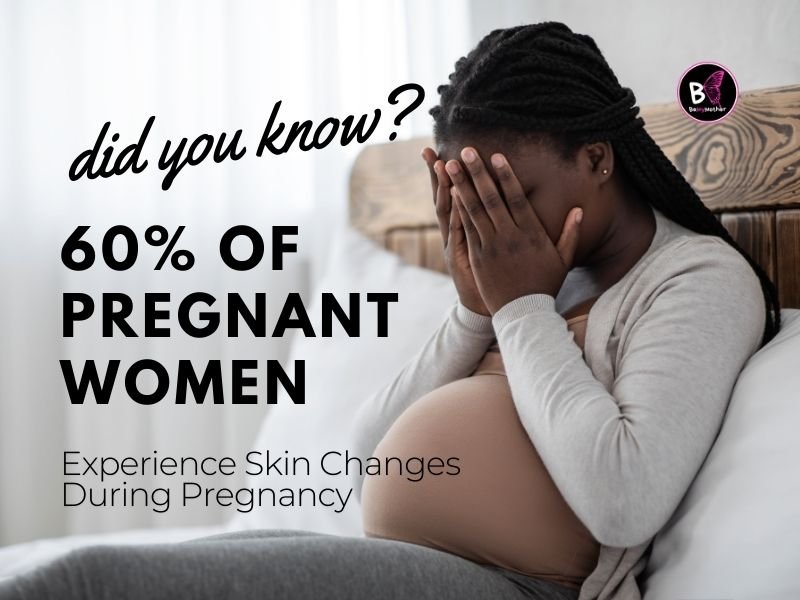
Yes, bakuchiol is considered safe for use during pregnancy, making it a favorite among dermatologists as a retinol alternative.
According to a review published in the Journal of Drugs in Dermatology, bakuchiol does not have the teratogenic risks associated with retinoids, meaning it doesn’t harm fetal development. Its gentle, natural composition makes it a viable option for pregnant women seeking anti-aging or acne solutions.
3. How Does Bakuchiol Compare to Retinol?
While bakuchiol and retinol share similar skin benefits, they differ significantly regarding safety and side effects.
| Feature | Bakuchiol | Retinol |
| Derived From | Babchi plant (natural) | Synthetic |
| Skin Irritation | Low | High |
| Safe During Pregnancy | Yes | No (linked to fetal development risks) |
| Sun Sensitivity | No | Yes (requires sunscreen use) |
Conclusion: Bakuchiol provides comparable benefits to retinol without the risks, making it the better choice during pregnancy.
4. Does Bakuchiol Get Absorbed Into the Body?
Unlike retinoids, which penetrate deeply and enter the bloodstream, bakuchiol primarily works on the skin’s surface. According to dermatologists, it has minimal systemic absorption, making it unlikely to impact the baby’s development.
However, as with any skincare product, consult your healthcare provider for personalized advice.
5. Ingredient Checklist: Safe vs. Unsafe Skincare During Pregnancy
Knowing what’s safe to use during pregnancy is critical. Here’s a quick guide:
| Safe Ingredients | Unsafe Ingredients |
| Bakuchiol | Retinoids (e.g., Retinol, Tretinoin) |
| Hyaluronic acid | Hydroquinone |
| Niacinamide | High-concentration salicylic acid |
| Vitamin C | Benzoyl peroxide in excess |
| Zinc oxide (sunscreen) | Chemical sunscreens (e.g., oxybenzone) |
6. Skincare Benefits of Bakuchiol for Pregnant Women
Bakuchiol offers several benefits for pregnant women, including:
- Fighting Hormonal Acne: Reduces breakouts caused by pregnancy hormones.
- Gentle Anti-Aging: Minimizes fine lines and wrinkles without irritation.
- Improving Skin Tone: Tackles pigmentation issues like melasma.
A 2018 British Journal of Dermatology study confirmed that bakuchiol effectively reduces signs of aging and acne with significantly less irritation compared to retinol.
7. What Can I Replace Retinol With During Pregnancy?
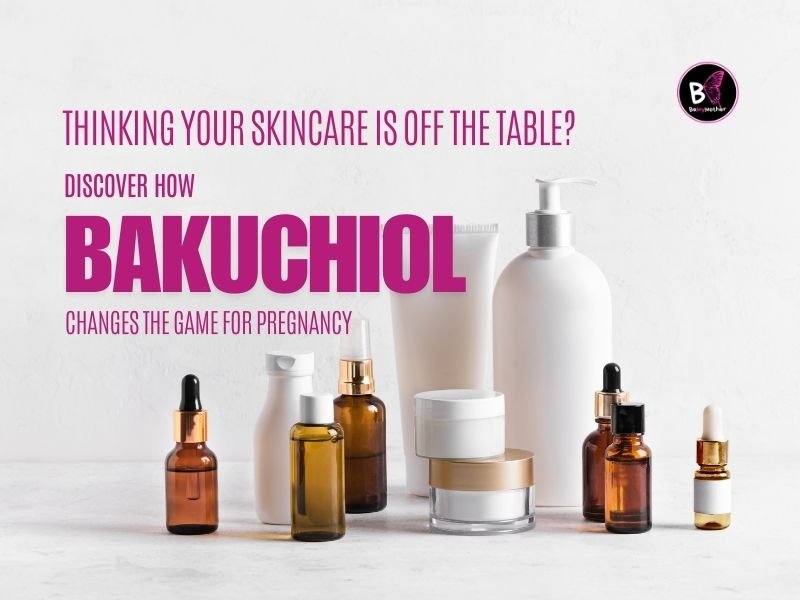
If you’re looking for pregnancy-safe alternatives to retinol, consider the following:
- Bakuchiol: Gentle and effective for anti-aging.
- Azelaic Acid: Safe for reducing redness and acne.
- Vitamin C: Brightens skin and fights free radicals.
- Peptides: Boost collagen production naturally.
8. Safe Skincare Routine for Pregnancy
Building a safe and effective skincare routine is crucial. Here’s a simple guide:
- Cleanser: Use a mild, fragrance-free cleanser.
- Exfoliant: Incorporate bakuchiol for gentle exfoliation.
- Moisturizer: Choose hydrating, non-comedogenic options.
- Sunscreen: Use mineral-based sunscreen (SPF 30+).
Related Reading: Learn how acids like mandelic acid fit into a pregnancy-safe skincare routine in our article: Is Mandelic Acid Safe During Pregnancy?
9. Bakuchiol vs. Retinol: Why It’s a Better Choice During Pregnancy
Retinol is off-limits during pregnancy due to its teratogenic risks, which can harm fetal development. Bakuchiol, on the other hand:
- Is derived naturally and works gently on the skin.
- Does not pose risks to the baby.
- Is less likely to cause dryness or irritation.
Are you curious about other safe pregnancy products? Read Is Olipop Safe for Pregnancy? for more insights into making pregnancy-safe choices.
Pregnancy Skincare: What To Avoid and What’s Safe To Use
FAQ Section: Common Questions About Bakuchiol and Pregnancy
1. Can I use bakuchiol every day during pregnancy?
Yes, bakuchiol is gentle enough for daily use, but start with every other day to see how your skin reacts.
2. Is bakuchiol safe while breastfeeding?
Yes, bakuchiol is safe to use while breastfeeding due to its minimal absorption into the bloodstream.
3. Does bakuchiol completely replace retinol?
While it offers similar benefits, bakuchiol may take longer to show results than retinol.
4. What brands offer pregnancy-safe bakuchiol products?
Look for brands like Herbivore, Biossance, or The Ordinary, which offer high-quality, pregnancy-safe bakuchiol products.
5. Can bakuchiol help with pregnancy acne?
Yes, bakuchiol effectively reduces acne without irritating it, making it suitable for pregnancy.
Conclusion
So, is bakuchiol pregnancy safe? Absolutely. As a gentle, natural alternative to retinol, bakuchiol offers a secure solution for pregnant women seeking effective skincare without risking their baby’s health. By incorporating bakuchiol into a pregnancy-safe routine, you can enjoy glowing, healthy skin during this special time.
Remember, pregnancy-safe skincare is about more than choosing the right ingredients—it’s about embracing this journey with confidence and care.

